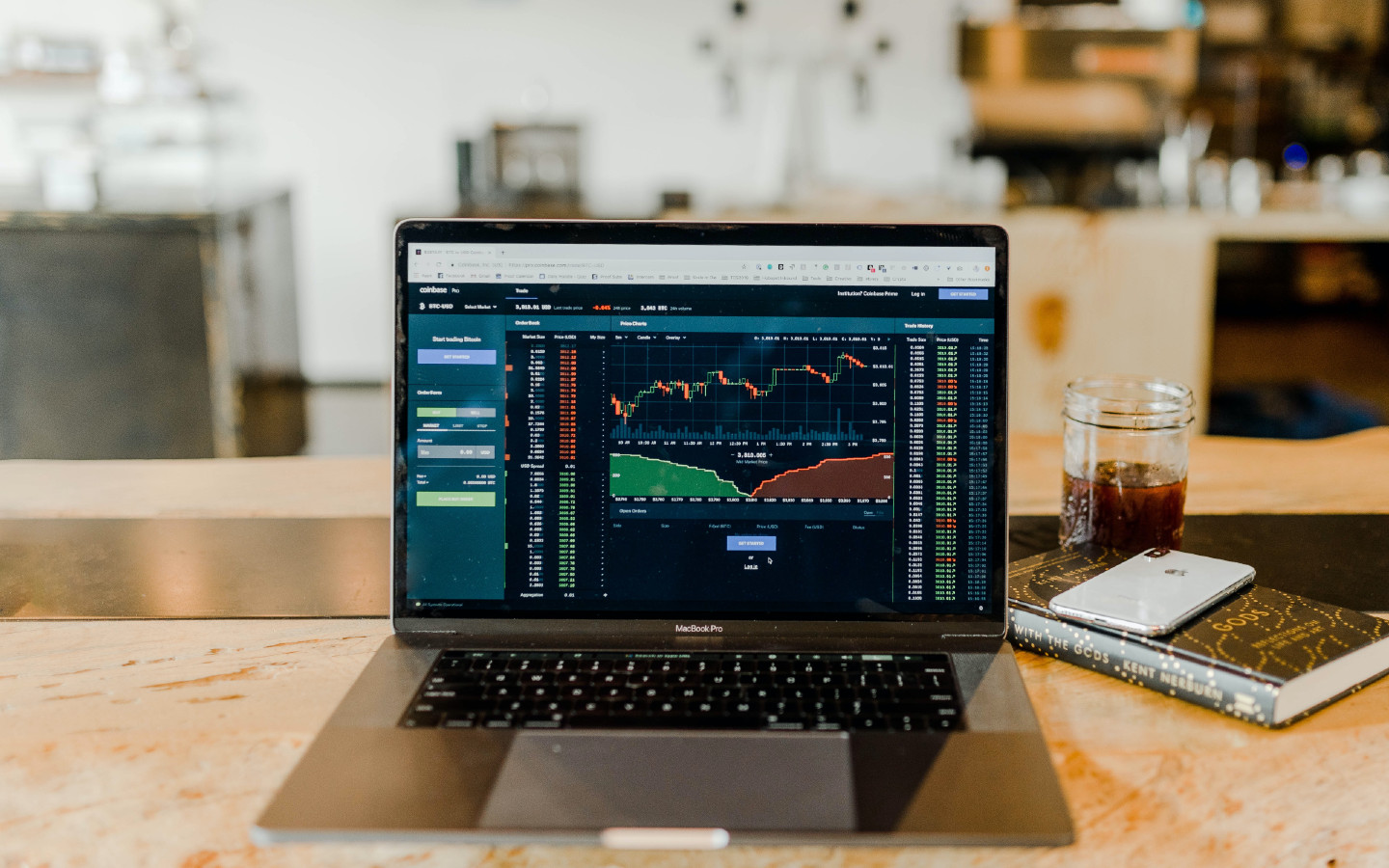1. What is a Stock?
A stock is a tradeable financial asset that represents ownership of a portion of a corporation. In other words, if a Company has 100 shares outstanding (ex. Treasury stock) and you own 1 stock, then in theory, you have claim to 1% of the company’s assets and earnings. However, the number of shares outstanding fluctuates as Companies buy back (reduces outstanding shares) or issues stocks (increases outstanding shares). Companies usually buy back stock to increase the value of a share or payout a dividend. Companies usually issue (sell) stocks to raise money to expand. For example, if you own 1 stock and company decides to issue shares to a total of 200 shares outstanding from 100, then you have claim to 0.5% of the company’s assets and earnings.
2. Benefits of Stock Ownership
Ownership of a stock gives you voting rights in shareholder meetings, ability to receive dividends when a company decides to distribute, and the right to sell your share. Some stocks also give you perks like Intercontinental Hotels Group (IHG) where registered shareholders of IHG can book hotel stays for discounted prices. If you own at least 100 shares of Royal Caribbean Cruises, you will be awarded a $50 onboard credit per stateroom for shareholders sailing for five nights or less. So overall, the benefits are robust, but do not come risk free as deterioration in the Company’s performance can lead the value of your stocks to be worth nothing.
3. Stock Categories
If you are eager to buy a stock, you may ask, what types of stocks are there to buy? Stocks have several categories and the most common are Large-cap, mid-cap, and small cap stocks. Large Cap stocks are usually stocks with market capitalizations (What a Company is worth) of $10 Billion or more, $2-10 Billion are considered mid-cap, and sub $2 Billion are small cap. Large cap stocks are usually considered to be the safest and most conservative investment, meaning low risk and low return. On the flip side, small cap stocks have the potential of growing the most, but also are the riskiest. An example of a Large Cap stock is Coca Cola where the Company’s market cap is greater than $50 Billion. If you want to see the least fluctuations in the value of your stocks, then large cap stocks are the way to go. On the other hand, if you are okay trading increased risk for potential greater return then small cap stocks may be a great option
4. Buying a Stock
If you feel comfortable and have done enough research to buy your first stock then many beginners can open a brokerage account with a large reputable broker like TD Ameritrade, Charles Schwab, or Fidelity. Opening a brokerage account may seem daunting, but once you are able to fill out general questions about yourself, your brokerage account should allow you to buy your researched stock in no time. As you open your account, make sure to learn how to use several free tools that are offered which help you understand the companies that you may want to invest in.



